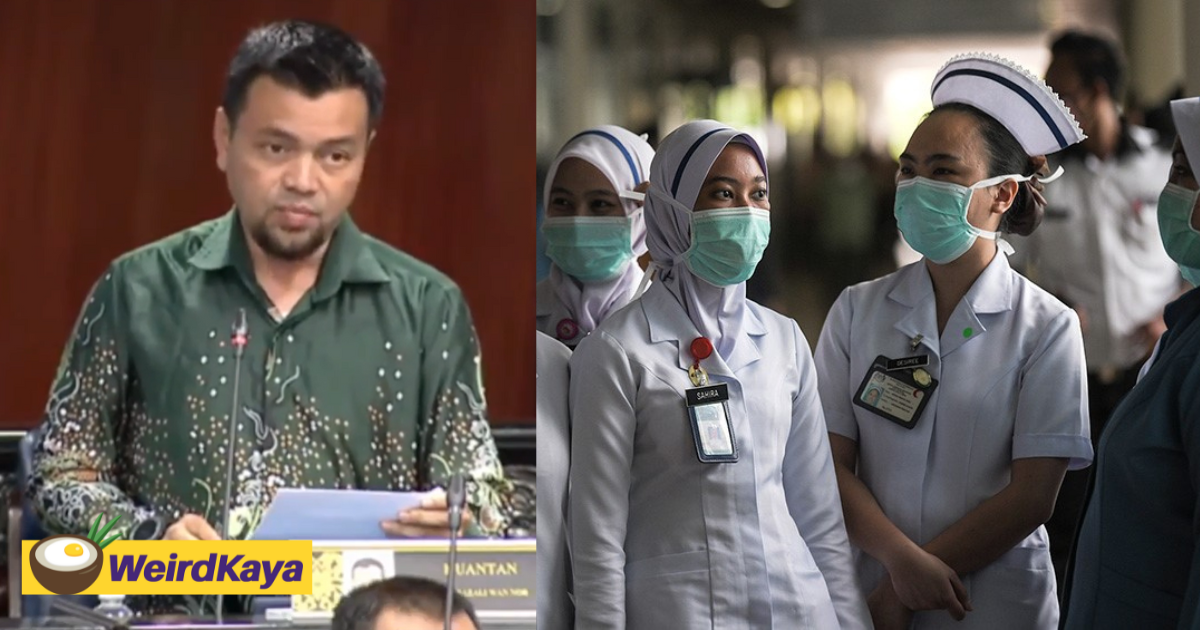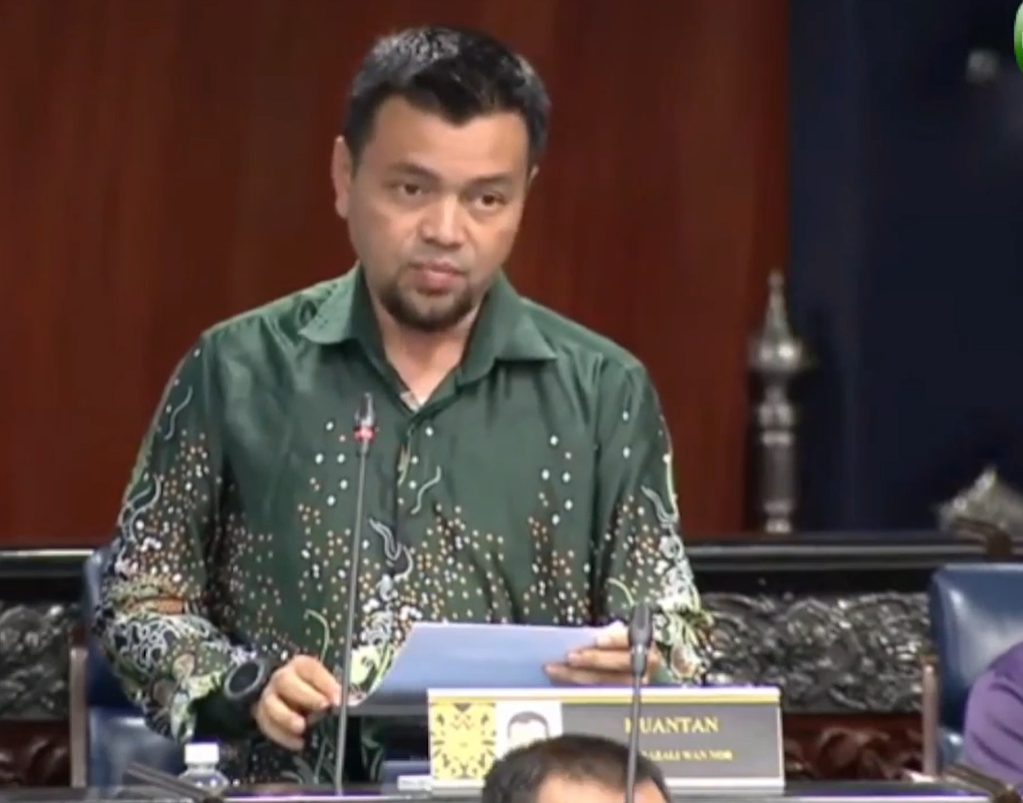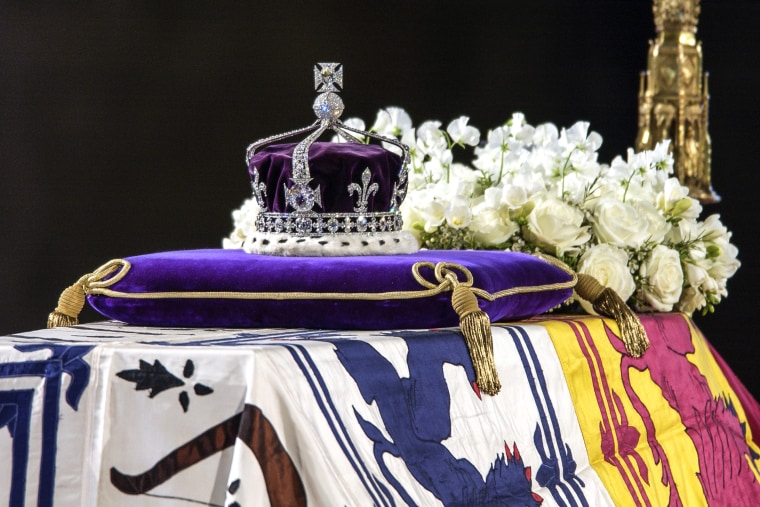In the last decade, the US security elites seized power from Wall Street for greedily selling out American hegemonic interests. — Bloomberg
You can say that there is no clash of civilisations, but rather a clash of national praetorian guards who feel that their interests are being threatened, sometimes not just by foreign intrusion but also weak leaders who betray their interests.
EVERY empire has its grand historian to explain more its successes than failures. In 1776, when Adam Smith published his classic “Wealth of Nations”, British essayist Edward Gibbon (1737 to 1794) wrote an equally famous text, “History of the Decline and Fall of the Roman Empire”.
The year 1776 was a historical turning point, when Britain lost her American colonies, even as she focused on conquering India 19 years after the 1757 victorious Battle of Plassey against the Mogul empire and their French allies.
Gibbon attributed the Roman fall to “four principle causes of the ruin of Rome, which continued to operate in a period of more than a thousand years. (I) The injuries of time and nature. (II) The hostile attacks of the Barbarians and the Christians. (III) The use and abuse of the materials. And (IV) The domestic quarrels of the Romans.”
His warnings apply even today, even though he was reminding the rising British elites what to look out for in the bid for Empire.
Interestingly, Chinese historians attribute dynastic decline and fall to “external invasion and internal troubles” .
Rome was built on conquest. Her Roman legions were legendary, but the elite core that defended consuls, procurators and emperors were the Praetorian Guard, who exercised the intelligence, logistics and national security functions of the Roman empire.
The Roman empire rose as the effectiveness of Roman military discipline and organisation overwhelmed all enemies.
The Praetorian Guard was the core staff between the consul, like Julius Caesar, and his legions.
They also supervised the intelligence functions, initially undertaken by the Frumentarii, involved in strategy, logistics, information couriers and negotiations with allies and enemies alike.
Within Rome, as the elite defending the capital, the Guardians later became king-makers, since weak emperors needed the military on their side.
They helped in assassination of at least one emperor and putting several others on the throne.
Fast forward to the First World War.
Amidst Europe’ ruinous self-destruction, German polymath Oscar Spengler (1880 to 1936) wrote The Decline of the West, positing that empires or civilisations have the same human biological cycle of birth, life and death.
He famously speculated that the West would enter into a crisis after two centuries of Caesarinspired concentration of power into one leader would lead to collapse of Western civilisation.
Indeed, he warned that the spread of Western technology to the “coloured races” would be used against the West. Sounds familiar? Spengler was discredited after the Second World War for being an inspiration behind Nazi expansion.
Thereafter, British historian Arnold Toynbee (1889 to 1975) 12-volume Studies in History gave Spengler fatalism an optimistic twist.
His study of 26 civilisations showed that empires can rise to historical challenges when their elites respond creatively with innovation and technology.
In other words, those elites, including emperors, presidents or political leaders who are guardians of empire integrity, can succeed to grow empires.
But when that elite becomes predatory through corruption and infighting, the empire or civilisation weakens and falls to a combination of internal collapse and foreign invasion.
Every nation has their own praetorian guard or cohort of agencies in defence, national security, intelligence and think tanks that safeguard the national interest.
A modern parallel would be the Washington blob (national security elite) that comprises the Pentagon, State Department, intelligence community and foreign affairs think tanks.
Former US President Eisenhower called it the “military industrial complex”.
Moscow’s praetorian guard is labelled the Kremlin.
Countries like China, Russia, India, France and Japan have their own praetorian elite, who consider their mission to safeguard national integrity against all enemies, including threats to their national identity, creed and values.
You can say that there is no clash of civilisations, but rather a clash of national praetorian guards who feel that their interests are being threatened, sometimes not just by foreign intrusion but also weak leaders who betray their interests.
In the last decade, the US security elites seized power from Wall Street for greedily selling out American hegemonic interests.
As chairman Mao said, “political power comes from the barrel of a gun”, meaning that those who have the military behind them beat those who don’t.
Hence, stable governments are those that are able to keep the military in their barracks.
Those who do not keep the military happy are vulnerable to coup d’etat.
But what if the praetorian guards’ interests are not aligned with those of the masses, who only want peace and stability, including better jobs, health and less government intervention?
In this age of confusion and distorted media, the masses are rightly worried whether their praetorian guards are looking after their interests or after their own?
This is reflected in recent serious loss of public trust in elites, which feeds the populist desire to have one of their own to oversee the elites.
Donald Trump has pitched himself in that populist category.
The more the blob tries to prevent him from returning as Presidential candidate, including his recent indictment, the more Trump’s supporters will hunker down in their belief that the praetorian elites are looking after their own skin.
Ancient history therefore tells us that empires decline if their elites are feeding at the trough at the expense of the masses.
They sometimes start wars to deflect anger against them towards anger against barbarians.
Are there parallels in the current age?
By Andrew Sheng andrew Sheng writes on global issues from an asian perspective. the views expressed here are the writer’s own.
Related



 Photo via Berita Harian
Photo via Berita Harian










